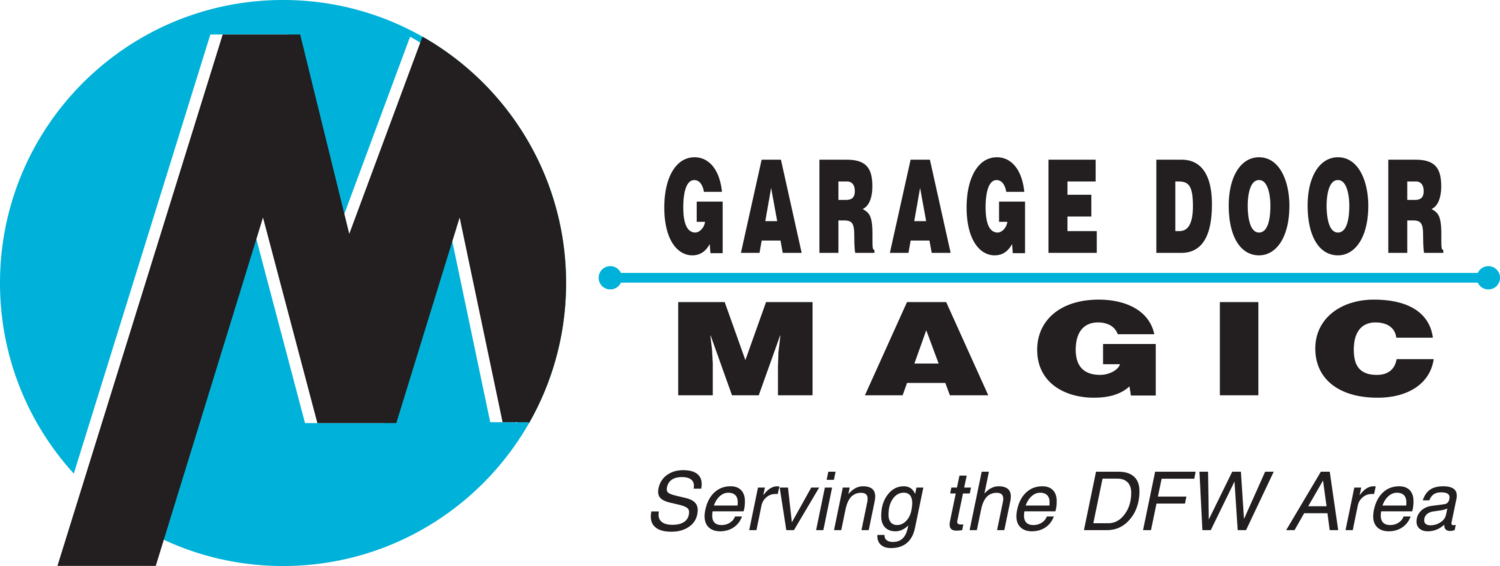Automatic garage doors have become a staple in modern homes, offering convenience and security. With just the push of a button, you can open and close your garage door, saving you time and effort. However, like any mechanical system, automatic garage doors are not immune to problems. In this blog by our team at Garage Door Magic, DFW's preferred choice for all your garage door needs, we will explore some of the common issues homeowners may encounter with their automatic garage doors and provide insights on how to address these problems.
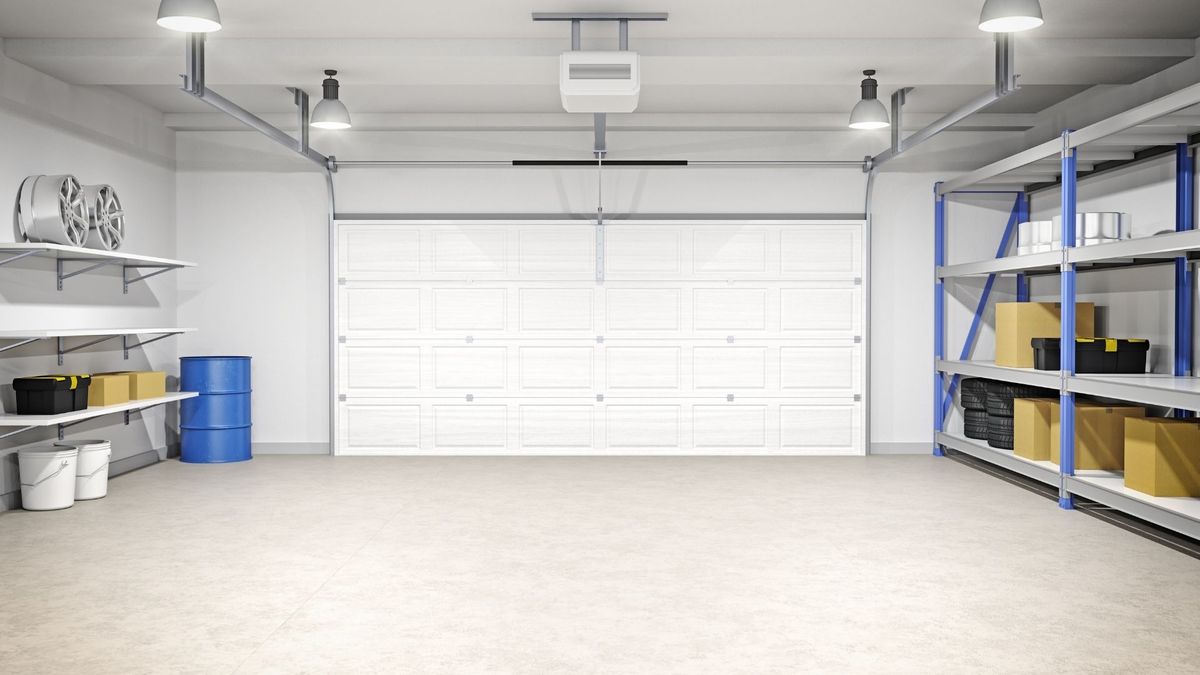
Common Problems With Automatic Garage Doors
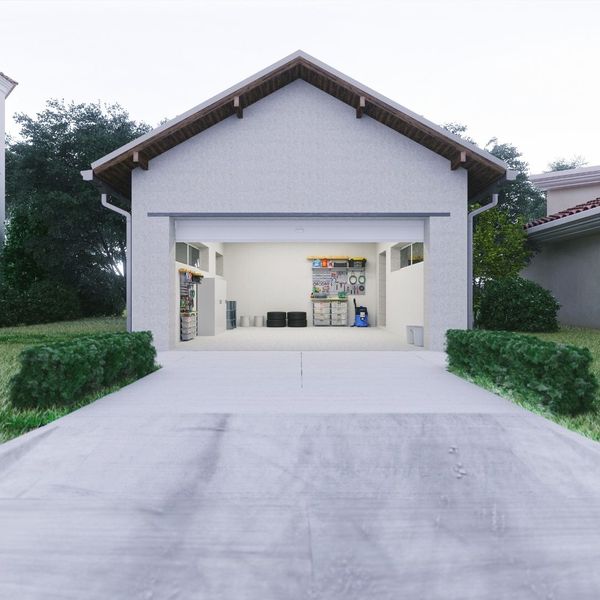
Door Won't Open or Close
One of the most frustrating issues homeowners face is when their garage door refuses to open or close. There are several potential reasons for this problem:
Remote Control Malfunction: If your remote control is not functioning correctly, it can prevent the door from responding to your commands. Start by replacing the batteries in the remote control. If that doesn't work, you may need to reprogram or replace it entirely.
Power Source Problems: Check if the garage door opener is receiving power. Ensure that the circuit breaker or fuse associated with the garage door opener is intact. If it has tripped or blown, reset it or replace the fuse.
Safety Sensor Misalignment: Most modern garage doors are equipped with safety sensors that prevent the door from closing if they detect an obstruction. These sensors can become misaligned over time, causing the door to malfunction. Check for any obstructions in the sensor's path and realign them if necessary.
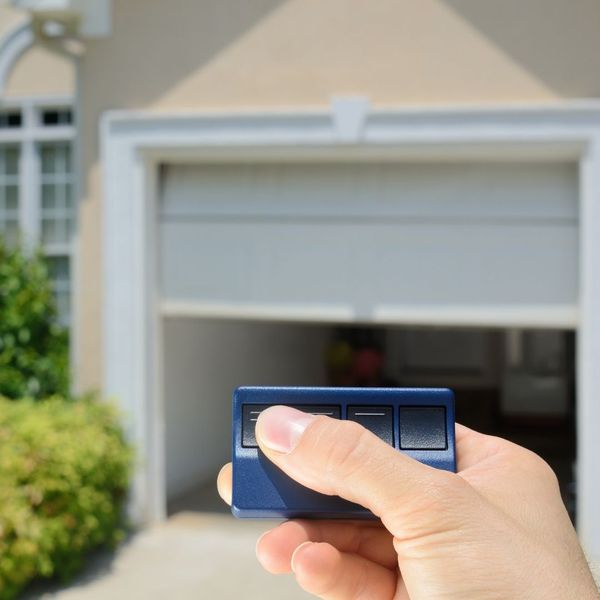
Door Reverses Before Closing
When your garage door starts to close but then reverses direction before it touches the ground, it's often due to safety sensor issues. Here's what you can do:
Obstruction in the Path: Check for any objects or debris in the path of the door that may be triggering the safety sensors. Remove any obstacles to allow the door to close properly.
Sensor Alignment: Ensure that the safety sensors are aligned correctly and facing each other. Dust and dirt buildup on the sensors can also disrupt their function, so clean them regularly.
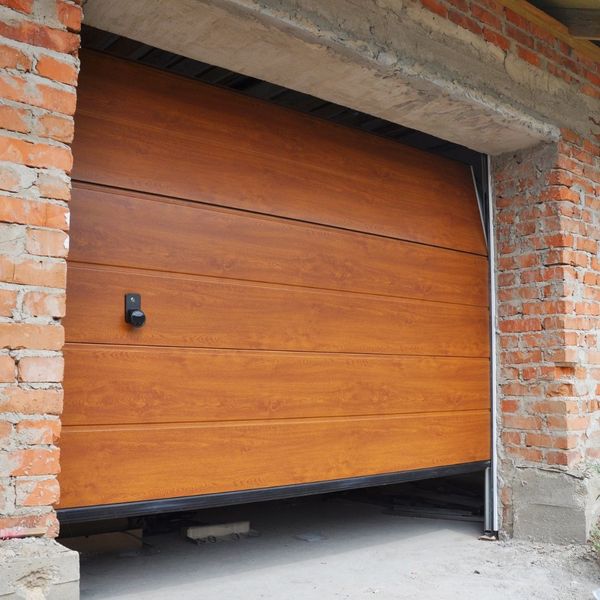
Loud or Unusual Noises
Strange and loud noises coming from your garage door can indicate underlying issues. Common culprits include:
Lack of Lubrication: Garage door components like rollers, tracks, and hinges need regular lubrication to operate smoothly. If you hear squeaking or grinding sounds, it might be time to apply some lubricant.
Worn-Out Rollers or Hinges: Over time, the rollers and hinges that allow the door to move up and down can wear out. Replacing these components can significantly reduce noise and improve the door's overall performance.
Loose Hardware: Vibration from the door's operation can cause nuts, bolts, and screws to loosen. Regularly inspect and tighten any loose hardware to prevent excessive noise.
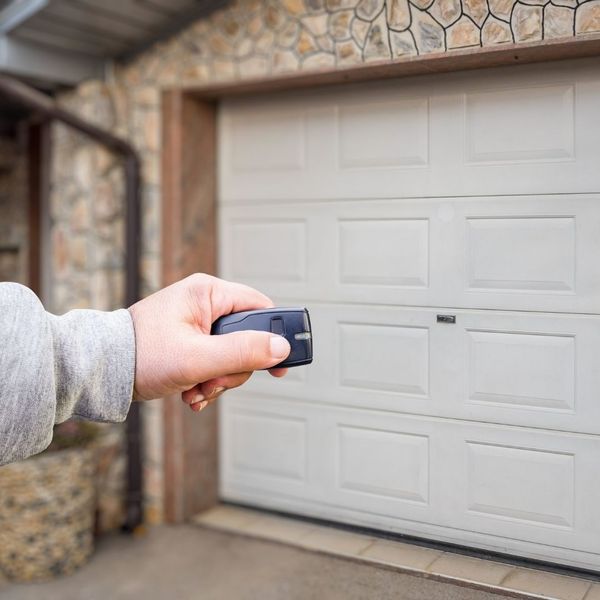
Slow Response Time
If your garage door takes an unusually long time to respond to your commands, it can be both inconvenient and potentially a security risk. Common causes include:
Weak Batteries: Weak batteries in the remote control can lead to slower response times. Replace the batteries regularly to ensure quick and reliable operation.
Limit Switches: The garage door opener has limit switches that control how far the door opens and closes. If these switches are incorrectly set, the door may move slowly or inconsistently. Consult your owner's manual for instructions on adjusting these switches.
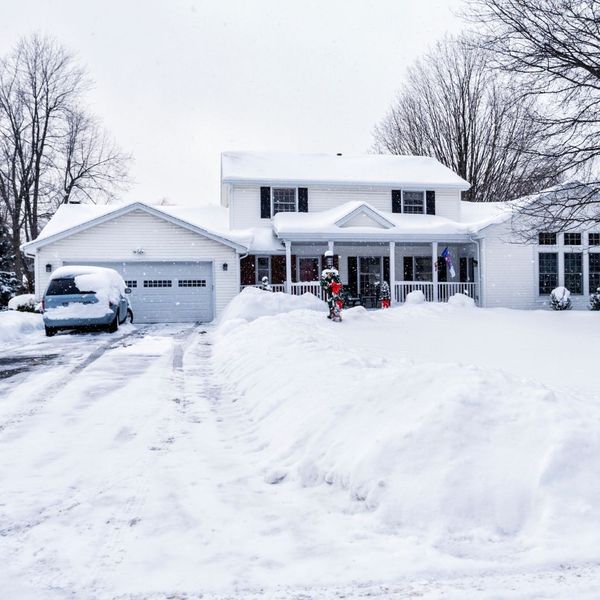
Weather-Related Issues
Extreme weather conditions can take a toll on your automatic garage door system. Here are some problems that can arise due to weather:
Freezing or Sticking: In cold climates, garage doors may freeze shut or stick to the ground due to ice and snow. Make sure to keep the area around the door clear of snow and ice. Applying a lubricant specifically designed for cold weather can help prevent sticking.
Moisture Damage: Excessive moisture can damage your garage door components over time. Regularly inspect the door for signs of rust or corrosion, and address any issues promptly. Investing in a weather seal at the bottom of the door can also help keep moisture out.
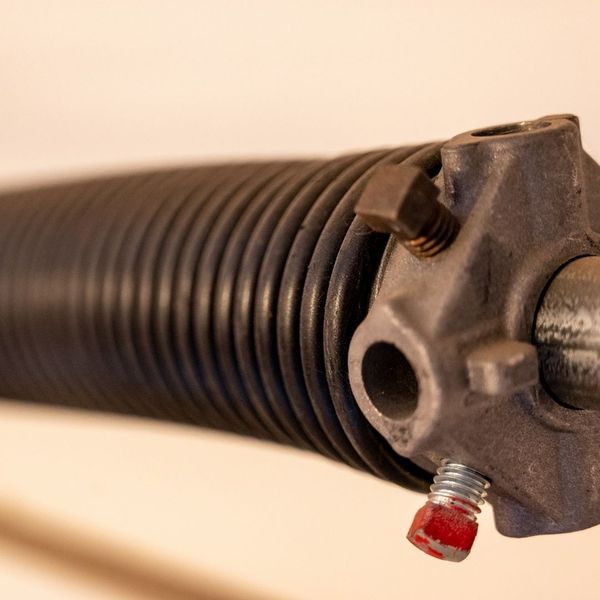
Spring Problems
The garage door springs play a crucial role in its operation, counterbalancing the door's weight. When springs break or wear out, they can lead to various problems:
Difficulty in Lifting: If the garage door feels exceptionally heavy or is difficult to lift manually, it's a sign that the springs may be damaged or broken. Springs should always be handled by professionals due to their high tension, so consult a garage door technician for repairs.
Uneven Closing: A broken spring can cause the door to close unevenly, which can be dangerous and damaging to the door itself. Avoid using the door and seek immediate professional assistance.
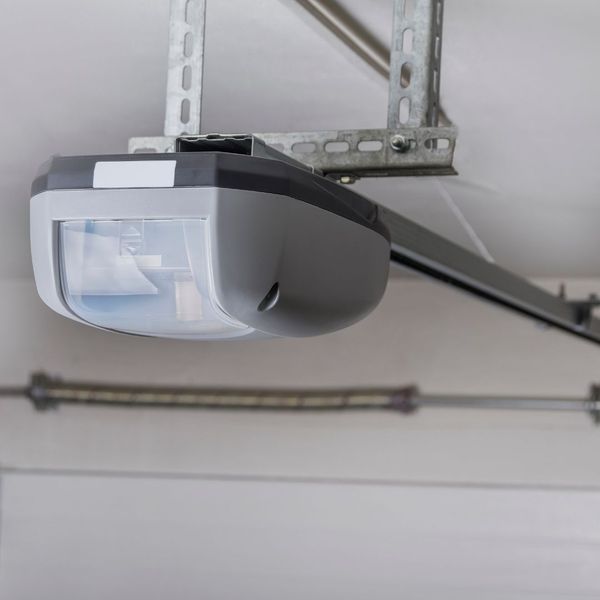
Opener Malfunctions
The garage door opener is the heart of your automatic garage door system, and when it malfunctions, it can disrupt your daily routine. Common opener issues include:
Worn-Out Gears: The internal gears of the opener can wear out over time. Signs of this problem include a grinding noise or the door not moving at all. Replacing the gears typically requires professional assistance.
Circuit Board Failure: The circuit board in the opener can fail due to electrical issues or power surges. Replacing the circuit board is a job best left to a qualified technician.
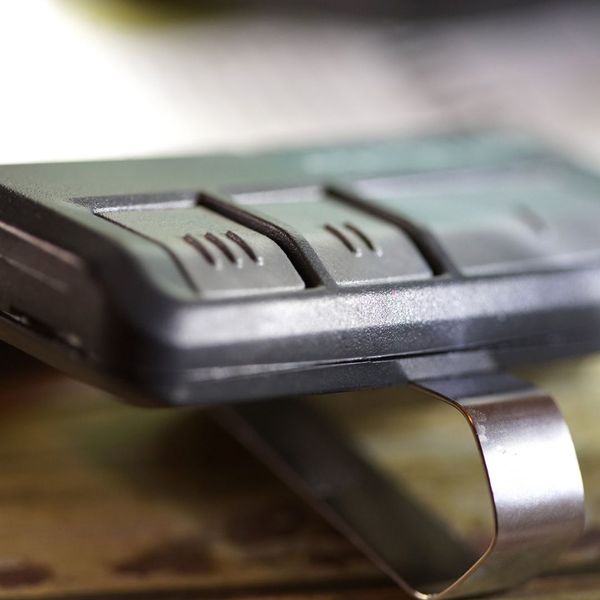
Remote Control Range Issues
A limited remote control range is another common problem homeowners may encounter with their automatic garage doors. If you find that you need to be very close to the garage door for the remote control to work, consider these solutions:
Remote Battery Replacement: Sometimes, a weak remote control battery can reduce its range. Replacing the battery with a fresh one can help improve the remote's performance.
Antenna Positioning: The antenna on the garage door opener can affect the remote control's range. Ensure that the antenna is properly extended and positioned for optimal signal reception.
Interference Reduction: Interference from nearby electronic devices, walls, or metal objects can reduce the remote control's range. Try to minimize interference by moving these objects or changing the remote's location when operating the door.
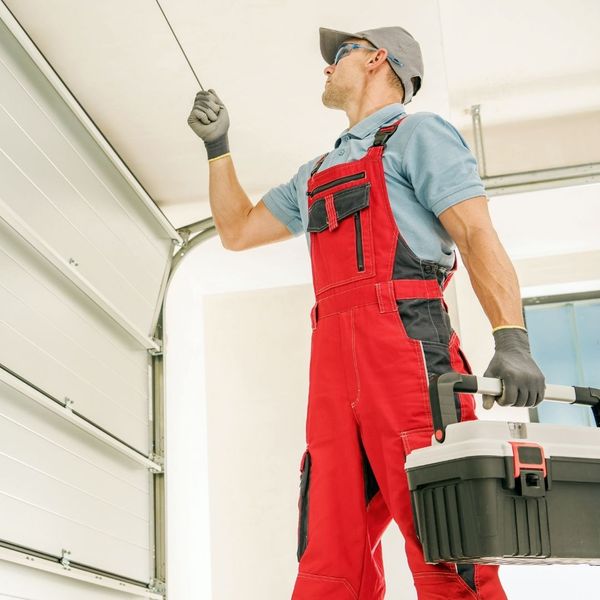
Garage Door Cable Concerns
While many automatic garage door issues revolve around the opener and its components, it's crucial not to overlook the importance of the garage door cables. These cables are an integral part of the system and play a critical role in the door's smooth operation. Here are common problems:
Frayed or Damaged Cables: Over time, cables can fray or become damaged, compromising safety.
Loose Cables: Improper cable tension can lead to door malfunctions and safety risks.
Snapped Cables: A snapped cable is a significant safety concern, requiring immediate attention.
Off-Track Door: Cables coming off track affect door operation and safety.
Cable repair should be performed by a trained technician, as the cables are under high tension and can be dangerous. Attempting to repair or replace garage door cables without the necessary expertise can lead to serious injuries and further damage to the door or other garage door system components.
Automatic garage doors are a convenience that many of us rely on daily, but like any mechanical system, they can encounter problems. By being aware of common issues and performing regular maintenance, you can extend the lifespan of your automatic garage door and ensure it continues to operate smoothly and safely. For more complex issues or when in doubt, it's always best to consult with a professional Fort Worth garage door company you can trust, like Garage Door Magic. Our team can diagnose and resolve garage door problems effectively, keeping your DFW garage door in top condition. Contact us to learn more!
